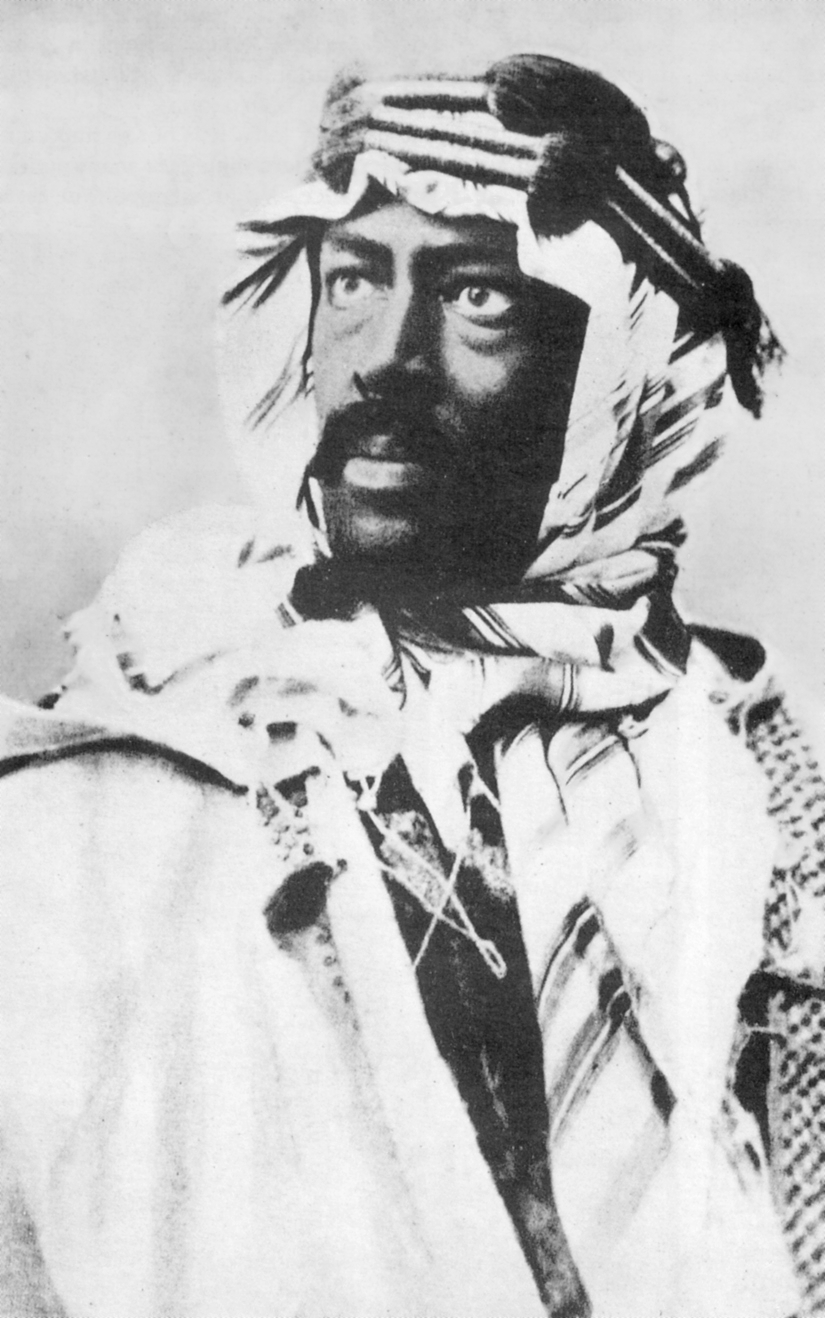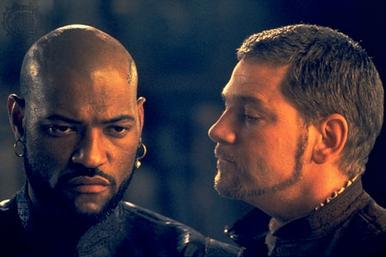
2. Is this a question of Politics or Theatre?
I left off last time with a question – could Iago be played by a black actor?
It is a question with its origins in a debate that took place way back in the 70s when they were casting the first filmed version of ‘Jesus Christ Superstar’ – Norman Jewison the director, had cast a white Jesus and a black Judas . There was a bit of an outcry at the ‘negative image’ created by such a casting (remember, we are at a time when race issues were to the forefront of politics in a number of countries).
Quite rightly Mr Jewison pointed out that the ‘political correctness’ of those protesting was blinding them to the ‘unprejudiced’ nature of the casting – and that those objecting were, at best, misguided: What is trying to stop a black man from playing a major role in a major filmed musical on the grounds of the colour of a his skin if it is not prejudice?
I think this highlights the problem of political correctness and acting Othello – and also gives the best answer to the problem – to deny any actor the right to play any character in the play on the grounds of their race (and I’d add gender and culture) is just plane wrong – it is a denial of our common humanity and a clear example of prejudice.
It is also a common mistake ‘in understanding’ of the nature of theatre: Nothing on the stage is real – everything is illusion (and isn’t): All the World’s a Stage.
Shakespeare knew all about the illusions of life and the stage and one place he tackles it is in ‘A Midsummer Nights Dream”. His rude mechanicals hang on to the need to ‘bring moonlight’ into the hall they are to perform in – and they have to give the ‘lion’ a speech of denial – don’t be fooled, he’s really a man, not a man eater. Shakespeare is taking a quick kick at the literal minded (and dangerous) Puritans – but also exploiting what for many people at the time was an essential question – what is the nature of reality and the connection between the life we lead and what we really are?
No doubt exists in my mind that Othello is was meant to be looked on as a potential ‘everyman/everywoman’. (I also think the same of Shylock.)
There is a correction in the above paragraph is has been turned to was – as I have pointed out elsewhere, the text we have inherited is incomplete: The director, actors and audience do not miraculously shed the contemporary when they enter the theatre – despite the illusions of costumes and design, the obscuring quaintness of some of the language and tedious programme briefs, today is ever present.
I live in a country, Romania, where once performances of Shakespeare could carry a revolutionary message – when Ian McKellen brought his Richard III to Bucharest, the audience knew it was about dictatorship and corrupt political government – just like that of Ceausescu’s.
Whilst not wishing to limit theatre to this potential political dimension, it is a legitimate concern at times and a legitimate function of ‘theatre’. Brecht, after all, did exist. The casting of a white man as Othello can be symptomatic of political and social oppression. How Brecht would have challenged such oppression in the theatre I cannot say – but I can be certain he would have challenged it.
But Stanislavski also existed. And Eisenstein.
How we got to modern
Film, as it appears in Western popular entertainment, promotes a deceptive realism. If a character is meant to be ‘Afro-American’ he has to be played by ‘a person of colour’. The only exception I can think of to this in recent cinema is Antony Hopkins – who played (excellently) an ‘interesting’ part in a ‘worthy’ film about a ‘black’ man whose skin colour was light enough for him to pass as ‘white’ and who eventually gets accused of racism against black students.
Mr Hopkins, of course, also did a brilliant job as Othello in the BBC Shakespeare.
With the majority of people’s exposure to acting and storytelling (and, I suspect, Shakespeare) being essentially ‘filmic’, it is not surprising that a recent conversation I had with one young man, to whom I had lent Orson Welles’ film version of the play, started with the question – “Why didn’t they cast a black actor as Othello?” He went on to say you could tell Othello was wearing makeup.
I wonder if he would ask the same question about a stage performance?
If he lived in the
Over in
But then again, British theatre productions owe a much stronger debt to Brecht than to almost any other practical theatre theoretician. It is one of those delicious ironies that an approach to theatre designed to focus the audience on social and political issues can result in magnificent musical dross like ‘Cats’ – which, in case you didn’t realise it, employed some of the greatest of Britain’s Shakespearean talent in its original production.
So, to return to my question, is this issue one of Politics, or Theatre?
Yes.
You have to make a choice – Politics or Theatre: Power or Imagination.
They are not the only choices available nor, necessarily, the most important; neither are they mutually exclusive, but they are certainly potent and polarising.
But what about the acting?






